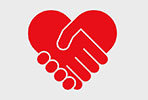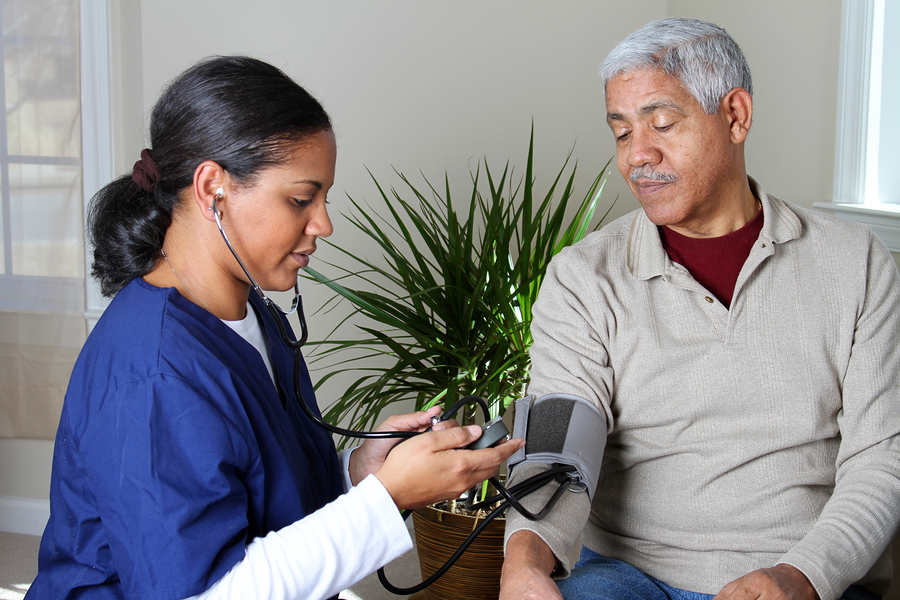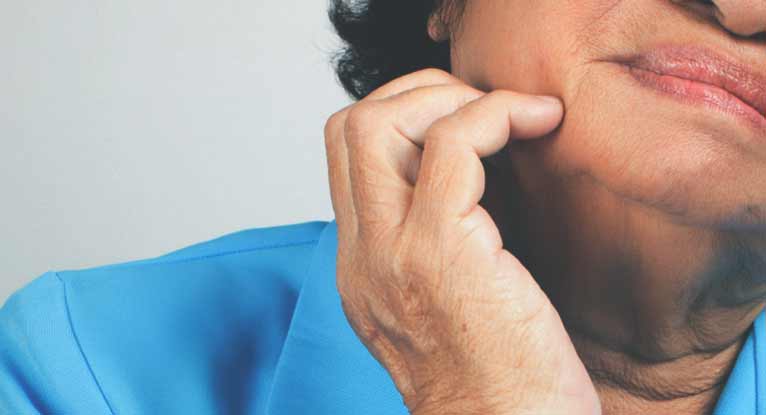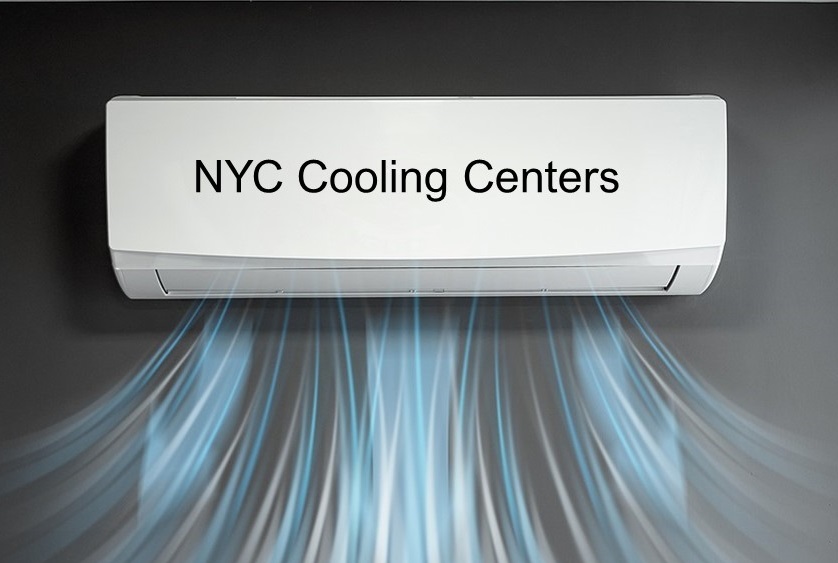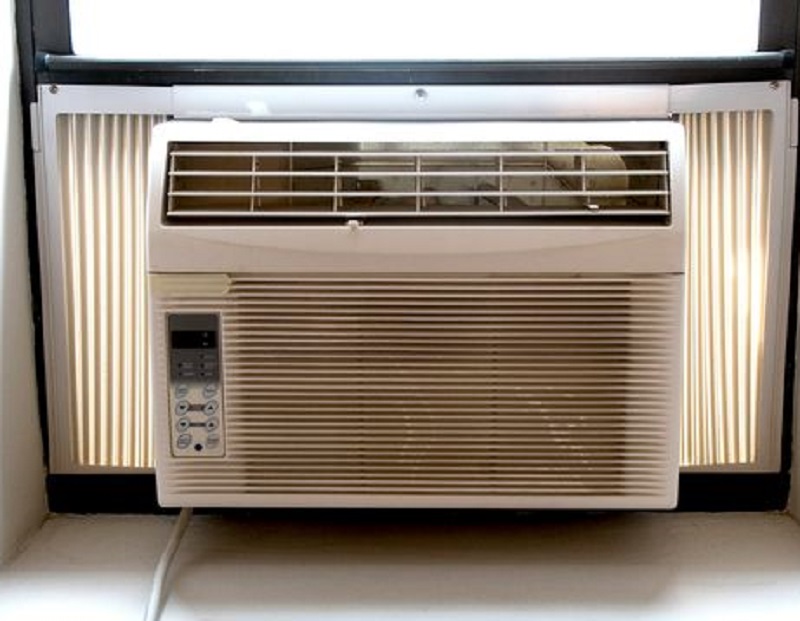What is Blood Pressure?
Blood pressure is the highest and lowest amounts of force the heart places on the blood vessels. It is measured by two pressures:
Systolic pressure, which is the pressure the heart puts on the vessels during each heartbeat.
Diastolic pressure, which is the pressure of the heart between beats.
When blood pressure is measured, the systolic pressure is the higher number on top and the diastolic pressure is the lower number on the bottom. Together, they tell you whether your blood pressure is healthy.
|
Blood Pressure Category |
Systolic mm Hg (upper #) |
Diastolic mm Hg (lower #) |
|
|
Normal |
less than 120 |
and |
less than 80 |
| Prehypertension | 120 – 139 | or |
80 – 89 |
| High Blood Pressure
(Hypertension) Stage 1 |
140 – 159 | or |
90 – 99 |
|
High Blood Pressure (Hypertension) Stage 2 |
160 or higher | or | 100 or higher |
| Hypertensive Crisis
(Emergency care needed) |
Higher than 180 | or |
Higher than 110 |
(Source: American Heart Association)
High Blood Pressure
When blood vessels overstrain, the blood pressure rises, causing high blood pressure. This causes the walls of the blood vessels to become overstretched and damaged.
According to the American Heart Association, long-term effects of high blood pressure can include:
- Vascular weakness, which over stretches the blood vessels. This causes weak spots which can lead to hemorrhagic strokes and aneurysms due to ruptured blood vessels.
- Vascular scarring. When the over stretched vessels create small tears that leave scar tissue on veins and artery walls.
- Increased risk of blood clots, which can lead to heart attacks or stroke.
- Increased plaque build-up, which can cause heart attacks or stroke.
- Tissue and organ damage.
- Increased workload on the circulatory system.
There are no symptoms for high blood pressure. The only way to know is to get checked. In most cases of high blood pressure, the causes remain unknown. But, there are several factors that increase a person’s risk of getting high blood pressure. These include:
- Family medical history. If your parents or close relatives suffer from high blood pressure, then you have a higher risk of having high blood pressure.
- Age. The older people get, the more likely they are to develop HBP and cardiovascular disease.
- Lack of physical activity
- Bad diet. Especially one high in salt.
- Being overweight or obese
- High alcohol consumption
Whether or not you suffer from high blood pressure, leading a healthy lifestyle will not only help maintain your blood pressure, but will also lower your risk of suffering from heart disease, heart attacks, stroke, and other detrimental or chronic illnesses. Healthy lifestyle modifications include:
- Eating a healthy diet. Including lowering your salt intake: especially if you’re at risk for HBP
- Exercising regularly
- Maintaining a healthy weight
- Avoiding stress, if possible
- Avoiding smoking
- Limiting alcohol consumption
When suffering from high blood pressure, one of the most important factors in maintaining your health is following your personal healthcare provider’s instructions and taking any prescribed medications that help control blood pressure. Although high blood pressure is a lifelong disease, it is completely possible to live a long and healthy life with it.
Source: American Heart Association

